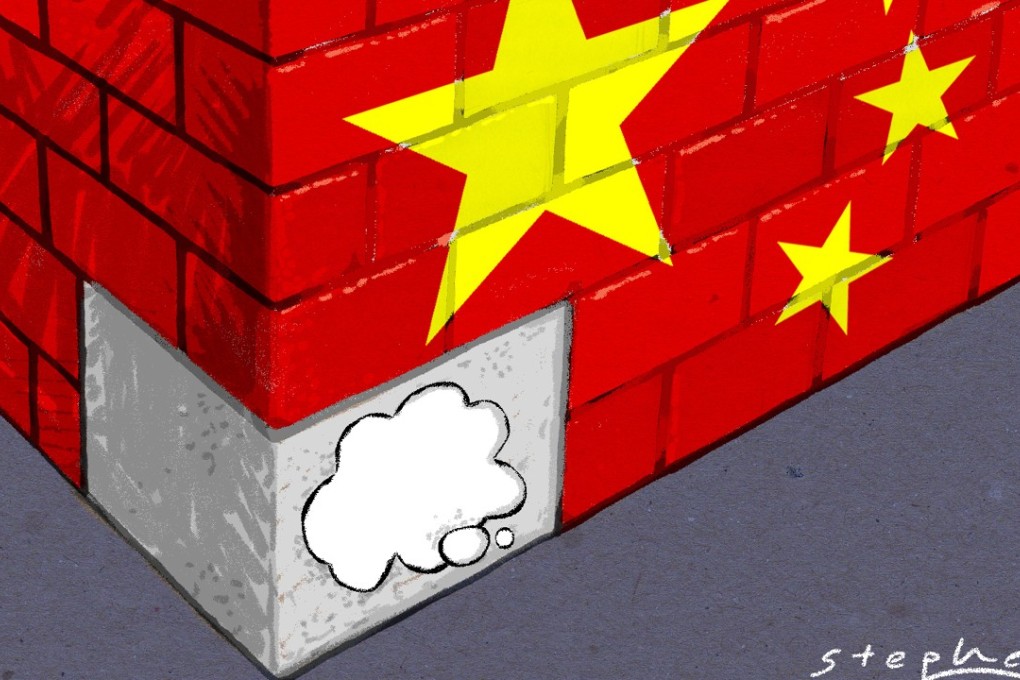What story will China’s 19th party congress tell?
Song Xiaozhuang says whatever the Western media says, it is the party’s strong leadership that has been the cornerstone in transforming a poor developing country into the political and economic giant it is today

This kind of political arrangement may not be popular in the West, and the Western media has tended to criticise that which is different, seeing it as politically incorrect, inferior, corrupt, lacking checks and balances, and so on. But, in light of the recent problems in Western democracies, particularly when contrasted with Chinese accomplishments since 1979, there have been fewer negative comments of late. Chinese systems are not necessarily weak, let alone wicked; the facts about China say just the opposite.
China’s gross domestic product ranked 10th in the world in 1990; No 7 in 1995, surpassing Canada, Brazil and Spain; No 6 in 2000, exceeding Italy; No 3 in 2009, overtaking France, Britain and Germany; and No 2 in 2010, ahead of Japan. Now China makes a 30 per cent contribution to global GDP growth. Without strong leadership from its ruling party, the Communist Party, it is highly unlikely that China would be able to achieve such economic miracles, one after another.
In terms of income per capita, similar results can be verified. Working with such a huge population in so difficult a situation, China’s achievement will never be surpassed by any other civilisation in the future.
China’s road or the Western way: whose economic development model will prevail?
Chinese development appears to be holistic, when compared with certain countries with wide wealth disparities. In China, distribution of social wealth is proportional to economic development. China believes in the market, but if the market fails to do the job, the government may get involved.
